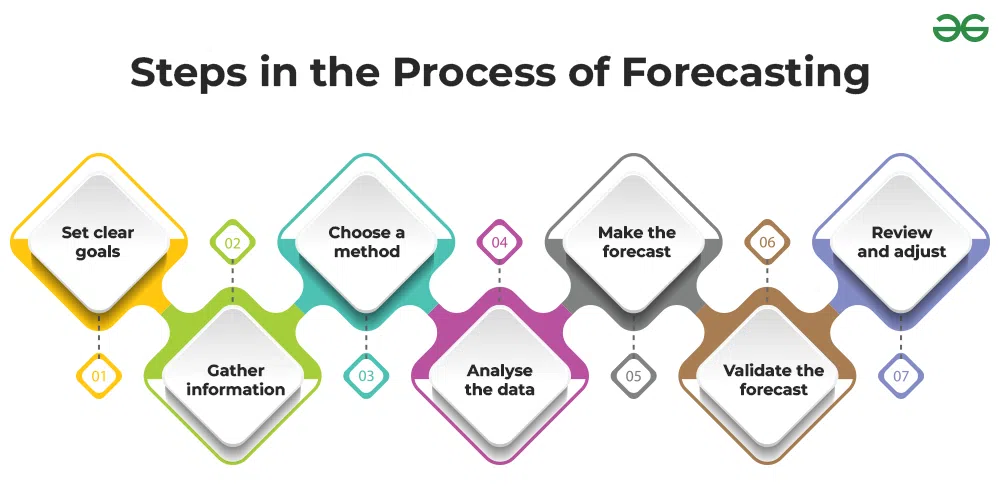Even so, we have already, albeit tentatively, made a few major forecasts: The geopolitical power of the United States will expand dramatically, and deep-seated economic and social pressure may force China to revert to a state of civil strife. And we had already predicted that Ukraine would lead to turmoil the likes of which Russia has not seen since 1991.
These are preliminary forecasts, so please don’t hold us to them just yet. We have tackled the obvious and critical issues. The hardest part is trying to identify the less obvious issues, not with a forecast yet but as a part of our agenda. This week will be devoted to analyzing regions whose current dynamics suggest possible geopolitical significance. These are not forecasts but merely an agenda to address.
The first is not a nation but a system: the BRICS. Recent conversations surrounding the group have focused on a common currency, which would be intended to reduce the importance of the dollar and the United States. Does this have the ability to change our agenda?
The entirety of Eurasia is either dysfunctional or already in the throes of change. China and Russia are obvious examples but don’t forget about the rise of India. It’s unclear if the current European economic system can survive. Eurasian disintegration could change the global system.
Iran, meanwhile, is adapting to the times by talking to the United States and Saudi Arabia and is in talks on reducing arms sales to Russia. Expect some noise from Israel. If Iran is changing its position for the long haul, then the very role the Middle East plays in global affairs would change too.
The situation in Niger is drawing serious attention from great powers like Russia and the United States. African instability normally doesn’t generate much interest these days, nor does it portend conflict among foreign powers. The issue is whether Africa is affecting the global system in different ways.
This week, you will be receiving articles framing these four issues, unless something more pressing comes up. So at this point, all our forecasts are tentative, but the major nations are easier to forecast. This second phase is about things we haven’t thought of yet.
By George Friedman




















































 Yahoo:
Yahoo: 